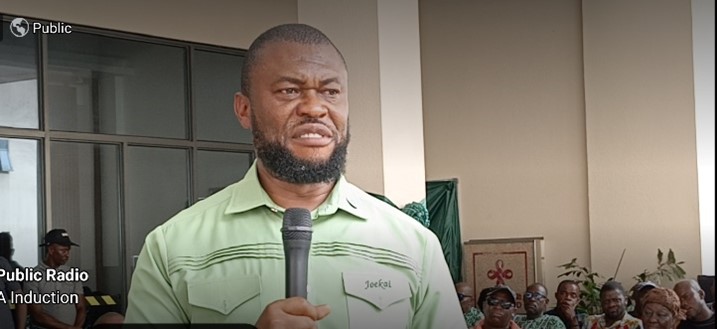The Liberian government, through the Ministry of Finance and Development Planning, has committed to a substantial annual investment of USD$8.8 million to bolster salaries for public sector employees in critical sectors. This initiative aims to uplift the earnings of approximately 5,612 employees currently earning below the established minimum wage, primarily targeting those in the health, education, security, and agriculture sectors. The move comes as part of a broader government strategy to address wage disparities and ensure a living wage for essential workers contributing to the nation’s development.
The salary top-up initiative was initially announced in a statement by Finance Minister Augustine Kpehe Ngafuan the previous year, indicating the government’s intention to raise minimum salaries to at least $150, with further adjustments based on specific job categories. Following this announcement, the Civil Service Agency (CSA) embarked on a collaborative effort with relevant ministries to develop a comprehensive implementation framework. This involved gathering necessary data and collaborating closely with the Ministry of Health, among other stakeholders, to ensure effective and equitable distribution of the allocated funds.
Director-General of the CSA, Josiah F. Joekai, provided an update on the progress made in operationalizing the salary top-up scheme. He confirmed the allocation of USD$8.8 million annually by the Finance Ministry, emphasizing the positive impact this would have on the targeted 5,612 employees. The initiative will not only raise base salaries to the $150 minimum but also incorporate further adjustments across various salary scales, ensuring a more equitable distribution of resources.
The rollout of the salary top-ups has already commenced in key sectors. Within the education sector, approximately USD$3.1 million has been allocated annually, benefiting an estimated 9,515 employees, predominantly teachers across different categories. This substantial investment underscores the government’s commitment to improving the welfare of educators and strengthening the education system. Similarly, the Liberian National Police has received an allocation of USD$900,000, impacting approximately 4,656 personnel, including those currently earning $995. This allocation is a testament to the government’s recognition of the vital role played by law enforcement officers in maintaining national security.
Furthermore, the Liberia Immigration Service has been allocated USD$750,714, set to benefit around 200 officers within the service. This targeted investment aims to enhance the capacity and effectiveness of the immigration service in managing border security and immigration processes. While the allocated USD$8.8 million covers the immediate salary top-ups for a significant number of employees, the government acknowledges that adjustments are still underway for other entities within the public sector. This ongoing process demonstrates a continued commitment to addressing salary disparities and ensuring fair compensation across the workforce.
The government’s focus on improving the livelihoods of its citizens is evident in this initiative. By prioritizing key sectors such as health, education, and security, the administration aims to strengthen essential services and promote overall national development. The commitment to transparency and accountability is also highlighted, with the Director-General emphasizing the government’s resolve to hold officials accountable and ensure the proper utilization of public funds. This commitment reflects a broader effort to foster good governance and build public trust.














